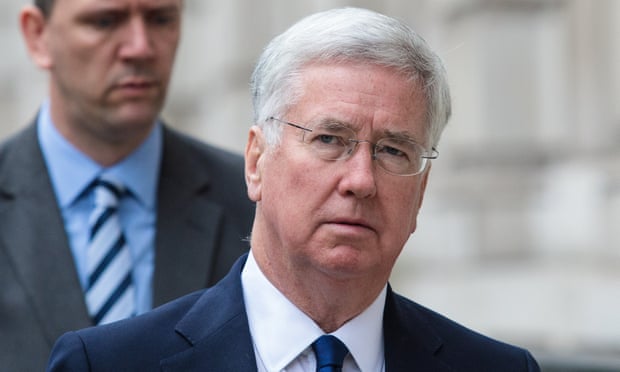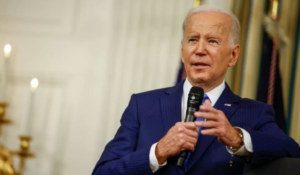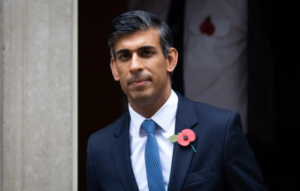Darroch cables: Fallon says press should be subject to Official Secrets Act

Darroch cables Fallon says press should be subject to Official Secrets Act
Fallon, a former defence secretary, has suggested journalists should be subject to the Official Secrets Act after the Metropolitan police launched a criminal investigation into the leak of diplomatic dispatches sent to the Mail On Sunday.
The inquiry by the Met focuses on messages sent by Britain’s US ambassador Sir Kim Darroch. The UK’s largest force also threatened the media with prosecution for publishing them, a move that critics say flouts press freedom.
Speaking on BBC Radio 4’s Today programme, Sir Michael Fallon welcomed the investigation, describing it as a “clear breach of the Official Secrets Act” and “damaging to diplomatic efforts”.
Read Also – Online Integrated Solutions: Paving the golden route to Africa
He said: “As soon as we find who did it we should have them investigated and prosecuted.”
Fallon said that the advice to newspapers about not publishing the material was “quite logical”.
“If they are receiving stolen material then they should give it back to the rightful owner and should be aware of the huge damage done and potential greater damage by further breaches of the Official Secrets Act,” he said.
Fallon was then asked by the presenter John Humphrys whether journalists should comply with the act. He responded: “I don’t think anyone can entirely absolve themselves of the need to avoid damage to this country.
“We have press freedom … but we also have laws. We have the Official Secrets Act and it is important that law is upheld.”
It comes after George Osborne and other editors criticised Scotland Yard for encroaching on press freedom. The inquiry by the Met counter-terrorism command, which is responsible for investigating breaches of the Official Secrets Act, was announced in a statement attributed to the assistant commissioner Neil Basu.
Osborne, the former chancellor and now editor of the Evening Standard, appeared to suggest the statement, which called for any leaked documents to be returned to the government, was written by a junior officer and showed a lack of understanding of press freedom.
“The publication of leaked communications, knowing the damage they have caused or are likely to cause may also be a criminal matter,” the statement from Basu said.
Source – https://www.theguardian.com/





